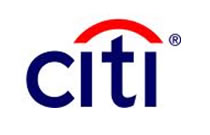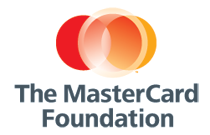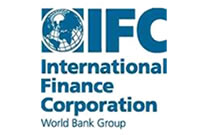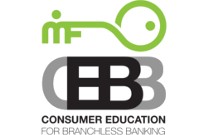What?
HOW CAN WE HELP YOU?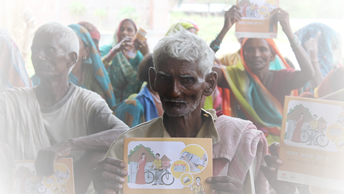
What financial inclusion obstacle are we supporting low-income people to navigate? What financial capability are we attempting to enable or develop? What – gives you access to MFO’s select publications organized around the content of a financial education curriculum or training manual. You can also gain access to the full set of Global Financial Education Program materials here.
Not finding what you are looking for? Click here.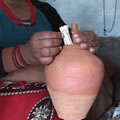
Savings
Savings is money put aside by an individual or household for use in the future. Savings is yet another vital component of financial capability in that it provides a means to manage cash flow and risk, smooth consumption, and accumulate funds for asset purchases. MFO’s numerous financial education curricula invariably include modules on savings.
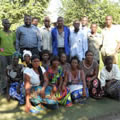
Social Support
Social support is the support an individual receives from other individuals and organizations within the society in which they live. One way to conduct research on the social support an individual has is to gather data on the social network in which they are embedded, and the social norms about what people should expect from each other in terms of support.
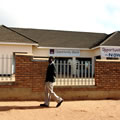
Unbanked
It is widely recognized that services offered by banks, particularly savings accounts, are incredibly useful tools that allow one to accumulate savings, reducing one’s vulnerability. We at MFO believe that it is of great importance to attract these ‘unbanked’ persons to these services because in doing so, we can help provide them with the tools they need to break the cycle of poverty.
- Attracting the Unbanked Preliminary Guidelines for Maximizing Existing Infrastructure through Serving Untapped Markets
- Malawi's Financial Landscape: Where Does Opportunity International Bank of Malawi Fit
- Branchless Banking and Rural Outreach in Malawi Opportunity International Bank of Malawi's Impact on the Market
- Cash In, Cash Out: Financial Transactions and Access to Finance in Malawi
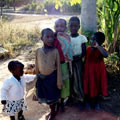
Vulnerability
Vulnerability is the status of an individual/household where he/she is at risk of poverty, illness, etc.. MFO attempts to help low-income people reduce their vulnerability through money management strategies.

Young People
Youth are boys and girls between 15 and 24 years old, although in some countries the age range stretches to 35 years old. They are in transition to adulthood and forming habits that may shape their behaviour as adults. As a result, financial education targeted at youth can have long-term benefits.




